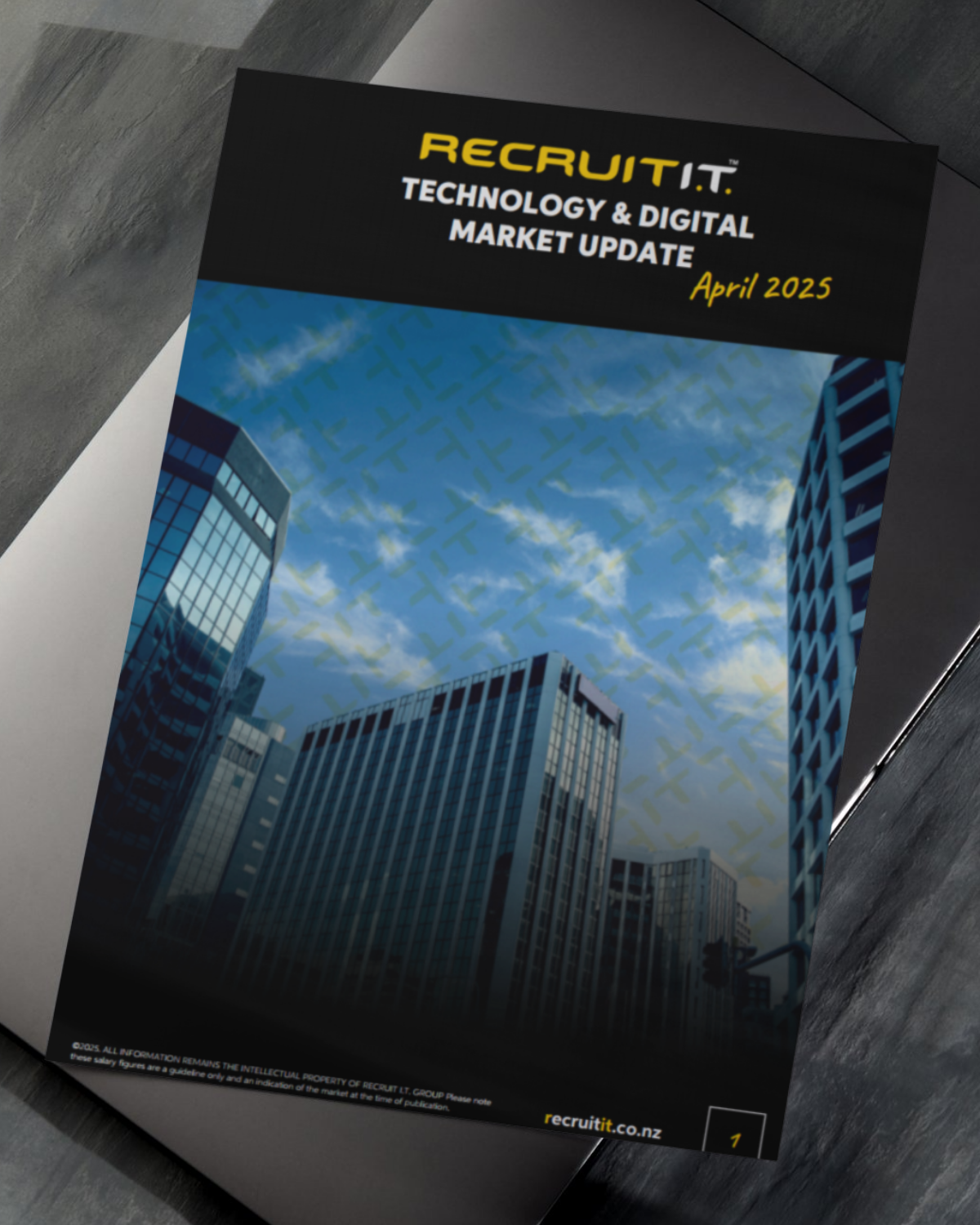Vaccination Requirements in the Workplace
As vaccination rates rise around New Zealand, and discussion grows around changing alert levels and introducing different Covid controls, I am getting more questions from employers around their rights and obligations around vaccination. In particular, whether an employer can make it a requirement to be vaccinated for an employee to gain or maintain their employment.
There is no doubt Covid 19 is impacting our society, both directly with people being infected by Covid 19 and indirectly via lockdowns and job losses, etc. We are constantly reminded that we need to all play our part and get vaccinated.
Now, this blog isn't a debate on the merits of vaccinations. However, I see some media reports indicating that some businesses are following an overseas model of only allowing vaccinated people to enter their premises. I won't dwell on the legalities of that stance, but it does seem many companies are asking for a simple yes or no answer as to whether they can make it mandatory for their employees to be vaccinated. No one can give that to you, and if they do, I would be very sceptical of that advice.
At present, Health Orders have mandated that all border workers who either work at the border or one of our MIQ facilities must be vaccinated and tested regularly. That order (to date) does not require that of employees at any other workplace.
Therefore, the legislation that applies to all other employers and employees regarding vaccination is the Employment Relations Act 2000 and the Health and Safety at Work Act 2015. These acts have not been changed as a result of Covid 19, as some employers found out when they decided to reduce employee's wages without the proper process during lockdowns.
The Employment Relations Act 2000 still states that any decision made by the employer must be what a fair and reasonable employer could do in all the circumstances. Furthermore, for any decision that is likely to impact an employee's employment status, the employer must first provide all the relevant information and then allow the employees to respond to any proposal before making any decision. That is a very high bar to reach and not something that should be taken for granted.
When it comes to Health and Safety, as an employer, you're responsible for maintaining a safe workplace and taking reasonable action/steps to mitigate any reasonable risk of harm to employees. Now I'm not an outright expert on Health and Safety matters, but one of the basic steps to making any significant health and safety decision is that there needs to be a full Health and Safety Risk Assessment. We use the superstars at Manage Group for all the finer aspects of H&S, who can help businesses with this.
So, when it comes to making Health and Safety decisions around Covid 19, one of the first steps is to make a realistic assessment of the risk your employees face in the current Covid 19 environment.
What does that look like? Well, let's take a look at our awesome Custom Officers at the airport. As they process passengers from overseas, what are the realistic risks of coming into contact with Covid 19? You only have to watch the daily briefings from our Director General of Health to know that many people are arriving into our country, then testing positive for Covid 19 in MIQ. I don't think many that would argue that under the risk assessment matrix, it is probable (if not certain) that our Customs Officers will come into contact with someone that has been infected with Covid 19.
The next step is to determine what the impact would be of a Customs Officer contracting Covid 19 from one of these passengers. Again, we can just look at the impact of the virus getting into the community as we continue to navigate continued infections and raised alert levels across New Zealand. There is the societal impact of lockdowns and restrictions and the health impact on people who contract the virus. Again, I'm not taking a position on the seriousness of the virus; I am merely suggesting an employer must take a "reasoned" approach to these topics.
So, for the sake of this conversation, let's just agree that there is a serious risk of Covid exposure in this particular workplace. We can now look at the obligations of the employer to mitigate this risk in their workplace and what options are open to them:
- Policy on social distancing?
- Wearing masks/gloves?
- Wearing PPE with higher levels of protection?
- Vaccination?
- All or some of the above?
A decision like this needs to be practical in the circumstances, and that practicality will be dependent on the risk. By this, I mean we need to weigh up the risk versus what is reasonable. Do we require our builders to wear a harness if they are working 1m off the ground? No. Is there a risk that the builder may fall 1m and hurt themselves? Of course there is, but the risk is relatively low, so the mitigation needs to be proportionate to the risk.
Now we turn to vaccination. By making it mandatory to be vaccinated in your workplace, you are essentially forcing your staff to undergo a medical procedure for the purposes of their employment. Now when you put it like that, things have just got serious. The question that needs to be asked is, is it reasonable to force your employees to be vaccinated after considering all factors?
Now for our border workers, there may be a solid argument there that because of the level of exposure they could potentially face every day, social distancing and PPE may not be suitable enough to mitigate the risk, and thus for people who deal with passengers, vaccination may be required (obviously it is required under the Health Act for front line workers at the border, but the risk assessment should be the same approach).
Now let's look at an office worker. For this example, in our current Covid 19 environment with the Government's elimination strategy, what is the likelihood of that worker contracting Covid 19? To help you answer this question, at the time of writing this, since Feb 2020, NZ has had just over 3,500 people infected with Covid. From a population percentage point of view, that is 0.07% of the population (based on a population of 5m). Turning that around, some could argue that is a 99.93% chance of not catching it.
So let's go back to that risk assessment. The risk of an office worker contracting Covid via their employment is minuscule compared to a Customs Officer. Taking my example of the builder, is it reasonable to force someone to undergo a medical procedure that comes with its own set of potential risks, including serious side effects or even death? Or would it be more reasonable to think that you could mitigate that small risk by adopting some of the other policies?
Now, this process is only relevant to our current situation. If our borders reopen or the Government ditches the "elimination" strategy, that risk assessment may change depending on what's happening. That is why it is not a simple yes or no question in the broader sense of the term.
There are several cases before the Authority/Courts that will give us some more guidance on the issue, and I know my friends in the industry and I are watching very closely as to what is determined as "reasonable".
In the meantime, if you need more individual advice on the matter, please do contact me. If you want some advice on risk assessments for your workplace and other Health and Safety issues, contact the Manage Group.
Be safe and be kind.
Disclaimer: The above information is meant to be a broad and informative narrative of the topic. It is not intended to be specific legal advice. If you want specific advice pertaining to your situation, please contact me directly or another trusted Employment Law Specialist.
JOHN DUSTOW
HR Advisory and Employment Law Specialist
E: johnd@recruitit.co.nz | P: 027 855 9989

All content copyrighted Recruit I.T. © All rights reserved | Terms & Conditions


